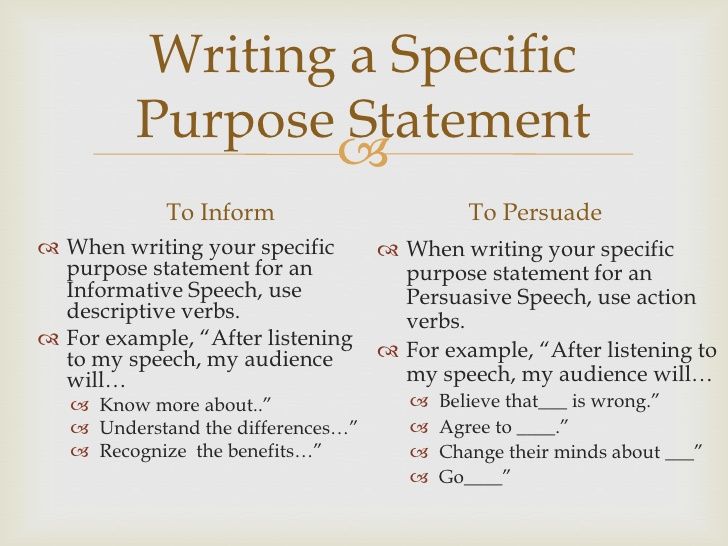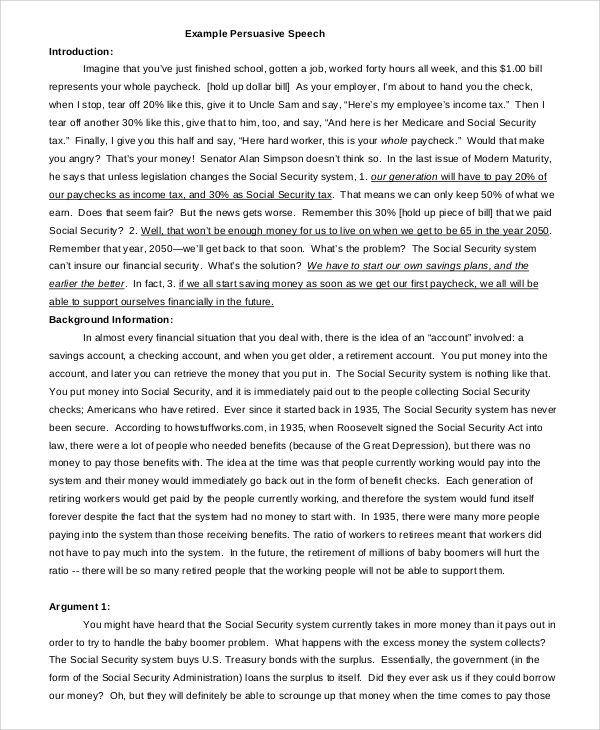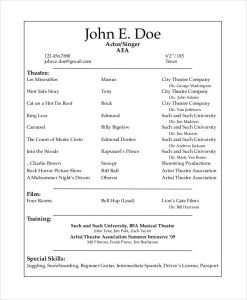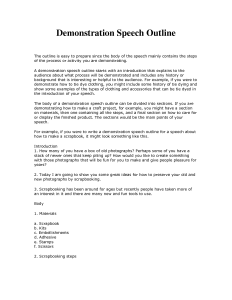A persuasive speech is meant to convince an audience to agree with your point of view or argument relating to a. 4 Persuasive Speech Examples.

Speech Writing Introduction And Conclusion Writing Introductions Self Introduction Speech Informative Essay
Jul 22 2020.

Example of introduction in persuasive speech. Your introduction and conclusion are the bread of your persuasive sandwich. LESSON 7 PERSUASIVE SPEECH 1. Persuasive speech is an art form.
You can easily write one paragraph to explain your position and in the other paragraph describe counterarguments of your opposing side. All of these problems can be related to two things the cost of fuel and the inefficient vehicles we drive. If the salesperson is successful the audience the person being sold to will choose to purchase the product or service.
Trying to find an introduction for persuasive speeches. Persuasive Essay Outline Example. Adverts and newspaper columns are good examples of persuasive writing.
Crafting a persuasive speech or writing a persuasive essay begins with picking the right topic. Requiring More Fuel-Efficient Cars We live in tough times. A persuasive essay has no limitations on paragraphs.
Samples in DOC According to the Merriam-Webster dictionary persuasion is the act of causing people to do or believe something. 4th World Conference on Women Plenary Session. An outline helps the writer throughout the.
Persuasive paragraph and argumentative paragraph. During a sales pitch the speaker is trying to convince the audience to buy his or her product or service. Watch a sample persuasive introduction in this free video clip about writing a great persuasive speec.
Jun 20 2020 Twoja nazwa użytkownika. Apr 29 2021 What are the examples of persuasive writing. Rowlings commencement address at Harvard University and Hillary Rodham Clintons introduction to an address delivered in Beijing China at the UN.
16pt for the headlines and 12pt for the rest of the text. It is the ability to convince somebody to believe an opinion or theory andor act on that belief. Write an Introduction for a Persuasive SpeechA persuasive speech is meant to convince an audience to agree with your point of view or argument relating to a.
Persuasive Speech Example 1. Similarly good essay examples also help to avoid any potential pitfalls and offer clear information to the readers to adopt. Get exposition examples and a definition.
You are allowed to write 2-3 paragraphs with arguments and counterarguments. A Persuasive Speech on Limiting the Production and Use of Plastic A Persuasive Speech on Limiting the Production and Use of Plastic When you hear the term polluted plastics I can tell you the exact picture that just popped into about 10 of your heads. Persuasive writing is a form of nonfiction writing that encourages careful.
Short Speech Examples Even though large tracts of Europe and many old and famous States have fallen or may fall into the grip of the Gestapo and all the odious apparatus of Nazi rule we shall not flag or fail. A Persuasive Text is a form of non-fiction writing which aims to convince the reader of a certain point of view. Persuasive Essay Writing Examples.
Gas prices continue to increase the economy is falling apart and some believe that the environment is changing for the worst. View Week 10 – Introduction to Persuasive Speech – Onlinepptx from AE 2 at Vietnam National University Ho Chi Minh City. Persuasive Essay Introduction Examples 1.
For example if you use statistics as. An example of a persuasive speech is a sales pitch. Aug 04 2015 Examples of speeches with strong introductions include JK.
What is persuasive writing for kids. We shall go on to the end we shall fight in France we shall fight on the seas and oceans Churchill Introduction Persuasive Speech. Introduction Briefly introduce the man in an Illinois prison and explain that he was released only.
It is always beneficial to go through different examples to get the proper direction of your essay.
Persuasive Essays Examples For High School Persuasive Speech On Donating Money To Charity Persuasive Essays Elementary Writing Prompts Writing Prompts Funny
Phd Dissertation Topics English Literature Revenge Theme Good Persuasive Speech Topics For College Application Essay Examples College Application Essay Essay
Outline Template For A Speech Persuasive Speech Outline Template 3 Point Format Length 3 5 Persuasive Essay Topics Speech Outline Speech And Debate
Persuasive Speech Example Persuasive Essays Persuasive Writing Examples Writing A Persuasive Essay
About Me Paper Example Elegant From Thesis To Essay Writing Admission Essay Essay Expository Essay College Essay Examples
Essay Essaywriting Example Of Comparison And Contrast Essay Introduction For Persuasive Speech Best Ensayo En Ingles Ortografia En Ingles Educacion Ingles
Speech Writing Introduction And Conclusion Writing Introductions Self Introduction Speech Speech
Free 8 Informative Speech Samples In Ms Word Pdf Speech Outline Persuasive Speech Topics Speech
Good Introduction Examples For Essays List Writing Ideas College Essay Outline T Writing A Persuasive Essay Essay Writing Examples Scholarship Essay Examples
Pdf Doc Free Premium Templates Speech Outline Persuasive Speech Topics Essay Outline
Blank Persuasive Speech Outline Template Speech Outline Powerpoint Word Speech
Essay Essaywriting Example Of Persuade Speech Drought Essay Introduction Of Reflective Essay Sample Writing Essay Writing Skills Ielts Writing Essay Tips
Pin By Dr Arbogast On Rhetorical Speech Outline Essay Outline Template Informative Essay
Persuasive Speech Writing A Persuasive Essay Persuasive Essay Topics Persuasive Writing Examples
Inform Speech Outline Example Pendidikan
Persuasive Speech Persuasive Essay Topics Persuasion Speech


